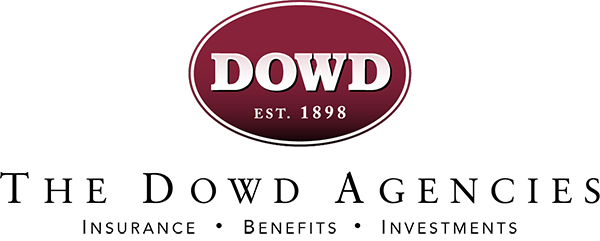When you end your working relationship with an employer, you have three options for how to handle the money in your retirement account.
- Leave the funds: some plans have restrictions on the money in the account.
- Cash out: if you cash out before the age of 59½, you would be required to pay income tax on the balance plus a 10% early withdrawal penalty.
- Rollover IRA: you can choose an IRA plan rollover and reap the benefits.
We’re here to help you with the last option: transferring money from your employer-sponsored retirement plan into an IRA. There are several benefits that arise from this, including the preservation of your tax-favored status and the opportunity for more investments.
401(k) Rollover Rules
There are two ways in which we can help you begin your 401(k) rollover to IRA accounts: indirect or direct.
- Indirect: The indirect (or 60-day) rollover allows you to receive a distribution from your plan, which you then deposit into a new account or IRA within 60 days. If you miss the deadline, part or all of your distribution could be taxed and subject to the 10% penalty.
- Direct: the money transfers directly from the trustee of your old plan to the trustee of your new IRA, completely removing you from the process.
IRA Rollover Benefits
While employer plans limit the investment options you have to those selected by the employer, you essentially have limitless investment opportunities through an IRA (including mutual funds, stocks, bonds, exchange-traded funds and more. You or your beneficiary may also experience more distribution and payout options with an IRA plan.
Contact us today to discover how Dowd Wealth Management can help you through this process and determine how much you could save through a rollover.
